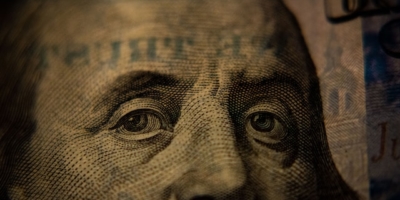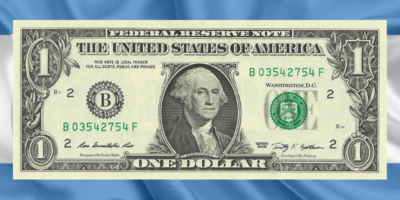Check out the latest news on laws and regulations.

The End of the CEPO?
Spoiler Alert: Not Yet…
Argentina has once again made international headlines after securing a new US$ 20 billion assistance package from the IMF. As part of the deal, the Milei Administration committed to allowing the Argentine peso to float between AR$1,000 and AR$1,400. The Central Bank can intervene in the currency market—using the IMF funds—if the FX rate moves outside that range.
The Milei Administration has seized on this event to proclaim the “end of the Cepo.” Cepo means “clamp” in English and refers to the controls placed on an Argentine resident’s ability to convert pesos to a foreign currency and to remit that foreign currency abroad. By declaring the end of cepo, the Argentine government signals to the foreign investment community that the rules of financial suppression have ended and Argentina now allows the free flow of capital. This policy change should quickly translate to economic growth and foreign direct investment.
But, despite the government’s proclaiming the end of the Cepo (and we have no doubt of their genuine desire to end it), the facts lead to a more modest conclusion.
Which Restrictions Have Been Lifted?
Backing the government’s announcement is Central Bank Communication “A” 8226, which eases or eliminates several restrictions on currency purchases and remittances. As a result:
- Natural persons (i.e., individuals but not business) can now freely buy or sell U.S. dollars, maintain deposits in that currency, withdraw those deposits in cash, or remit dollars abroad.
- Dividends accrued as of January 1, 2025 can be distributed to non-resident shareholders. The change does not apply to anticipated dividends, but only to finalized and approved financial statements. For those companies closing their fiscal year on December 31, distributions under the new rules will not occur before April 2026.
- Advance payments of up to a certain percentage of the total price of imported capital goods can now be made.
- Payments for imported goods and services can be made on terms shorter than before. For imported goods, payment can be made immediately upon customs clearance. For imported services, the term is now 30 days after accrual (for non-related parties) and 90 days after accrual (for services between related parties).
Which Restrictions Remain?
So far, so good. Nonetheless, despite the headlines and pronouncements, several critical restrictions remain in place:
- Legal persons (i.e., companies) remain unable to purchase foreign currency in the Official FX Market for treasury or other non-operational purposes.
- Export proceeds must still be repatriated and converted into pesos, except in certain very limited cases for individuals [1].
- Payments for imported goods and services accrued before December 12, 2023 still cannot be paid.
- Dividends accrued before January 1, 2025 cannot be distributed to non-resident shareholders through the Argentine banking system [2].
- Repayment of principal of foreign financial (i.e., non-trade) debt between related parties, and in some cases between non-related parties, remains largely prohibited with limited exceptions.
- Advance payments for imported goods (other than capital goods) and services are still not allowed.
A Premature Declaration of the End of the Cepo
Friday’s announcements represent an important step toward loosening capital controls and signaling the government’s desire to attract global investors. But let us be clear: Argentina remains far from the free movement of capital that occurred as recently as 2015–2019. Whether the government can, as promised, restore that policy depends on various internal and external factors, including:
- The inflation rate preceding the mid-term elections in October.
- The ability to sustain a balanced budget in the face of mounting demands for a return to government spending.
- The accumulation of foreign reserves to back the peso and increase Argentines’ confidence in their peso.
- The international economic context and the impact on Argentina’s traditional reliance on commodities to nurture those reserves.
- The rate and quantum of foreign investment.
- The outcome of the 2025 midterm elections, which will be a national referendum on the Milei Administration and its policies.
The cepo may be loosening—but it is far from gone.
Footnotes
[1] Indeed, the new regime changes the obligation for exporters to repatriate export proceeds. Previously, they were required to liquidate 80% of their export proceeds on the Official FX Market and 20% could be repatriated at the higher unofficial rate posted for securities swaps (the so-called “80/20” rule). As of Monday, exporters must now repatriate and liquidate 100% of the proceeds at the Official FX Rate.
[2] The government has announced the issue of a new series of dollar-denominated sovereign bonds (BOPREALs). Companies seeking to distribute dividends accrued prior to January 1, 2025 or to repay trade debt incurred before December 12, 2023 can acquire these bonds and remit them to their non-resident shareholders or creditors as payment. As of this writing the terms of the new series of BOPREAL have not been published.
More information
If you would like to discuss this matter with the attorneys at Wiener Soto Caparros, please do not hesitate to contact our authors.
Disclaimer
This article is based on publicly available information and is for informational purposes only. It is not intended to provide legal advice or an exhaustive analysis of the issues it mentions.





